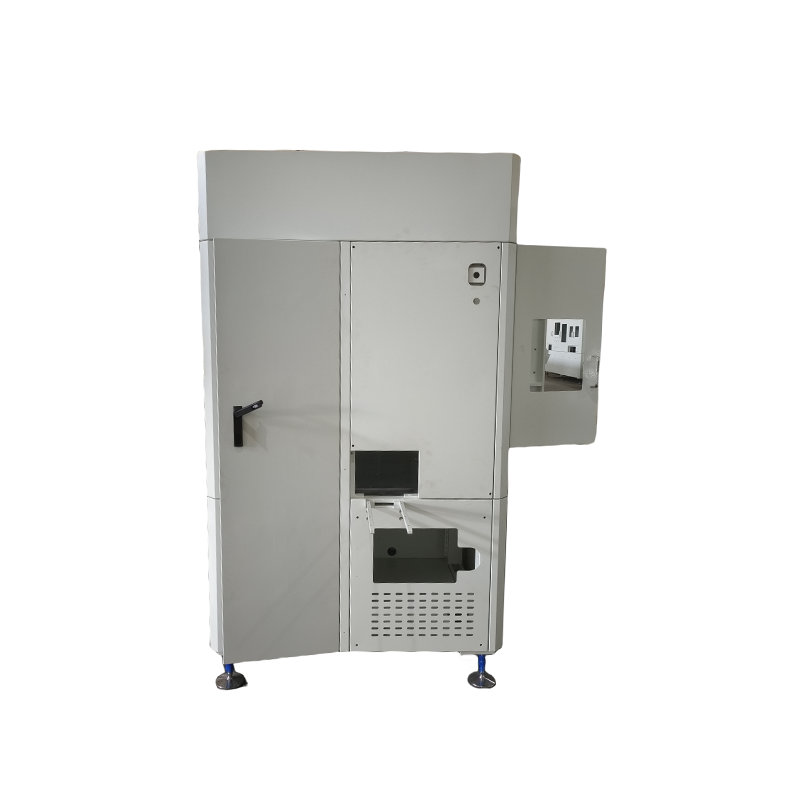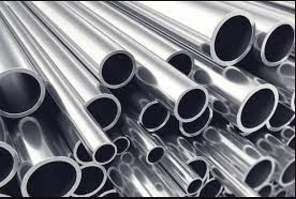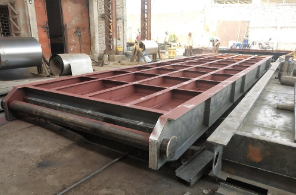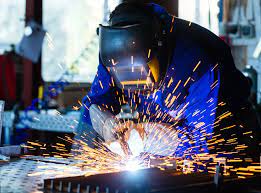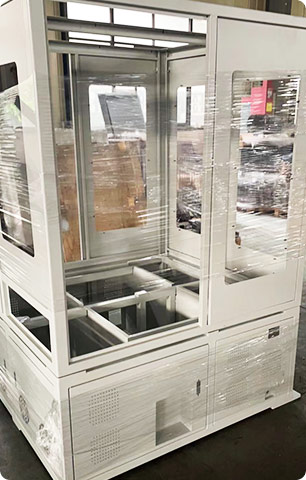How can the machining industry achieve sustainable development?
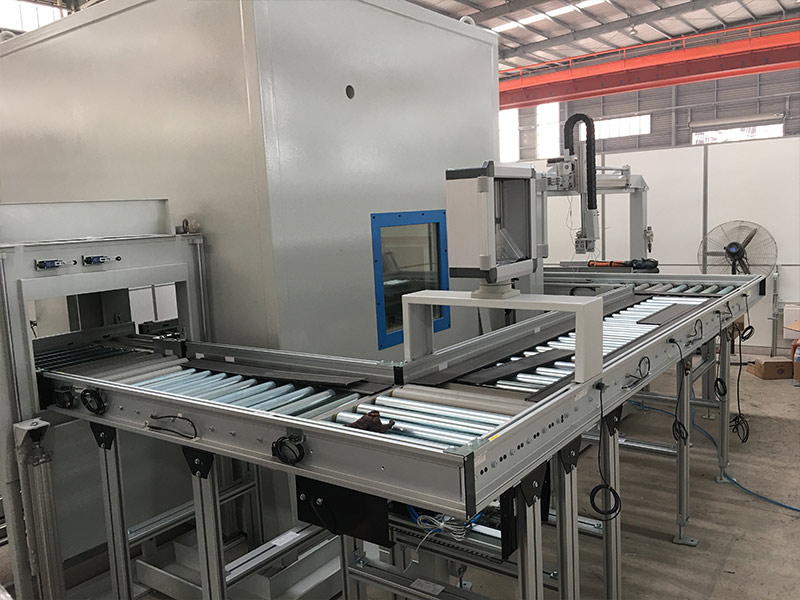
Processing manufacturers are always looking for ways to make the processing process more efficient and cost-effective, including continuously developing advanced production machinery, improving cutting tools, and optimizing the entire cutting system. Often, discussions about sustainability focus on macro-level global environmental issues while ignoring fundamental elements such as price, cost, customer satisfaction, process knowledge and reliability. True success in machining sustainability starts with simple, clear steps and analysis.
sustainable pricing
Setting sustainable prices for goods or services is a challenge every company faces. It must be enough to cover costs, generate profits, and attract customers in the market competition. If pressure from customers and competitors leads to low prices, profit margins will be affected, and cheaper, faster, and better production methods must be found to reduce production costs and maintain sustainable profit margins.
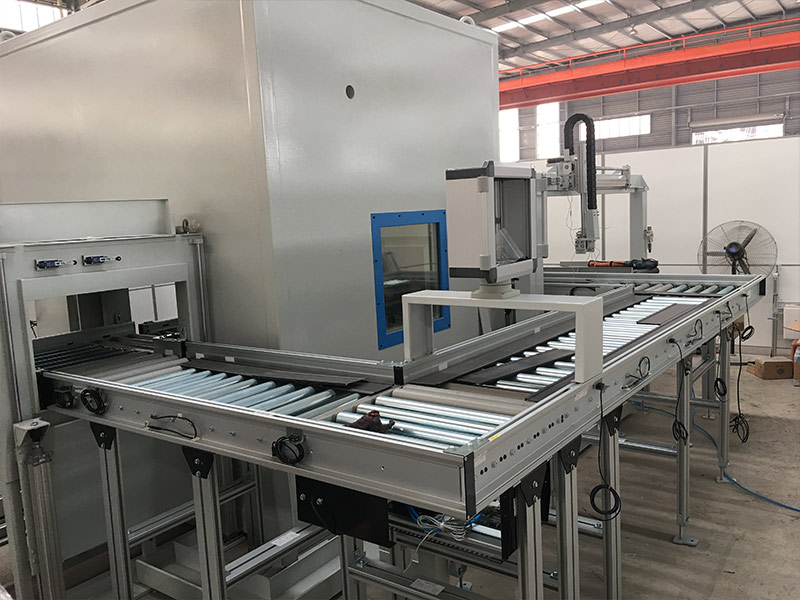
intangible cost
In many businesses, the break-even point is unclear because the true costs themselves are not known. There are hidden, overlooked or unknown factors that are not included in the cost. Typical intangible costs include unplanned downtime, substandard workpieces and damaged tools. These costs were considered unrepresentative or not “real” enough. In order to achieve a sustainable cost structure, intangible costs must be visualized.
customer satisfaction
Customer satisfaction is a key factor in sustainable economic development. Among them, customers are concerned about when the order can be shipped. In the customer's mind, "delivery time" is calculated from the time the order is placed. Delivery time is not just production time. If it takes three weeks to machine a part, but management activities take two weeks before and after, the shop must be honest with the customer about the five-week lead time.
Control waste
Efficient manufacturing reduces waste of time, energy and raw materials. To effectively reduce waste and save resources, we must fully understand the characteristics of workpiece materials and processing techniques. This means we need to accurately measure the key parameters of the machining process and clarify the machining results. Information such as a cutting speed of approximately 200 m/min is also unreliable. The actual value may be 195 m/min or 206 m/min, not an estimate.
Reliable processing technology
Sustainable processing is reliable and predictable and reduces energy waste. Unreliable processes can lead to rework or scrapping of workpieces, as well as wasted raw materials, energy and labor due to substandard products.


